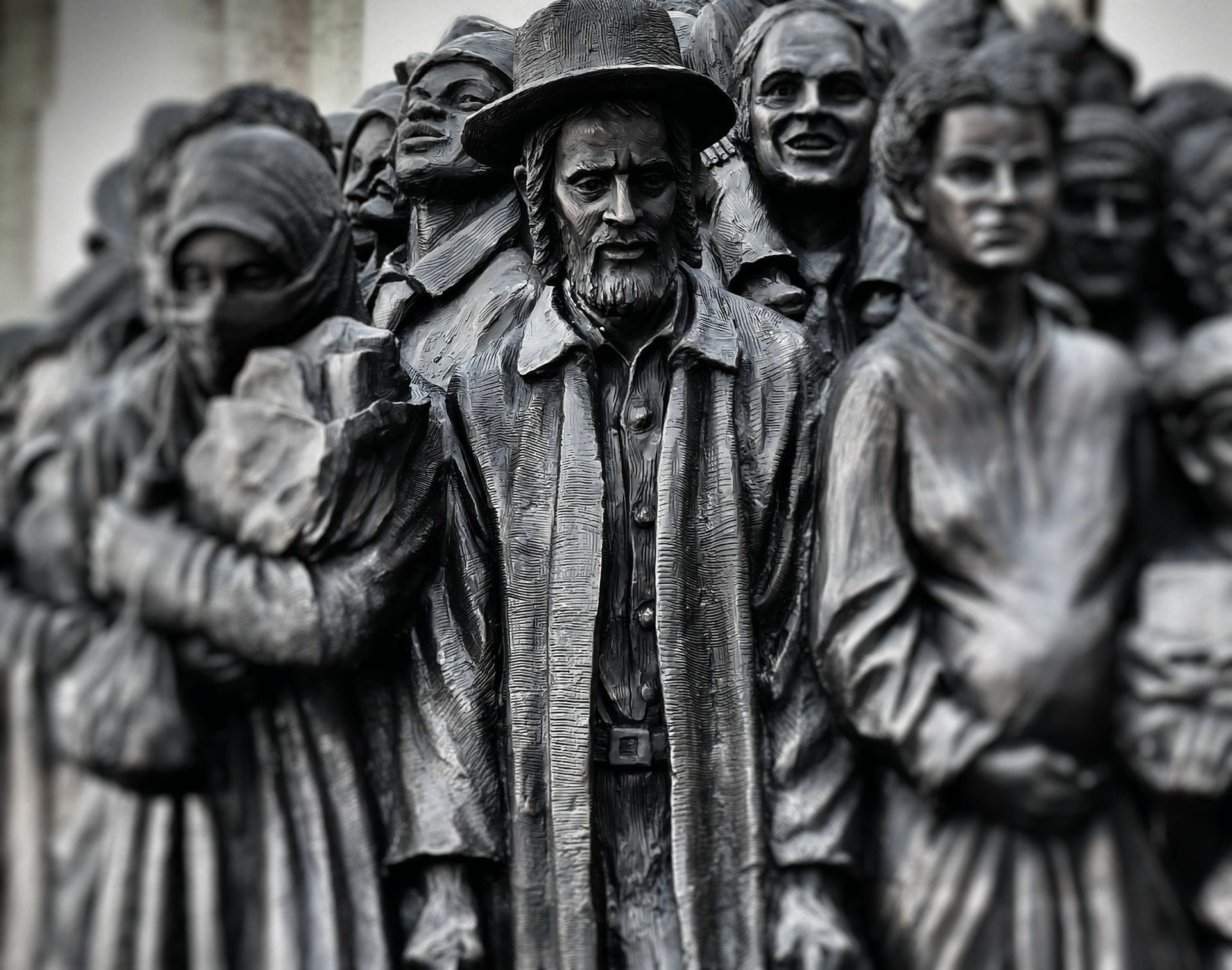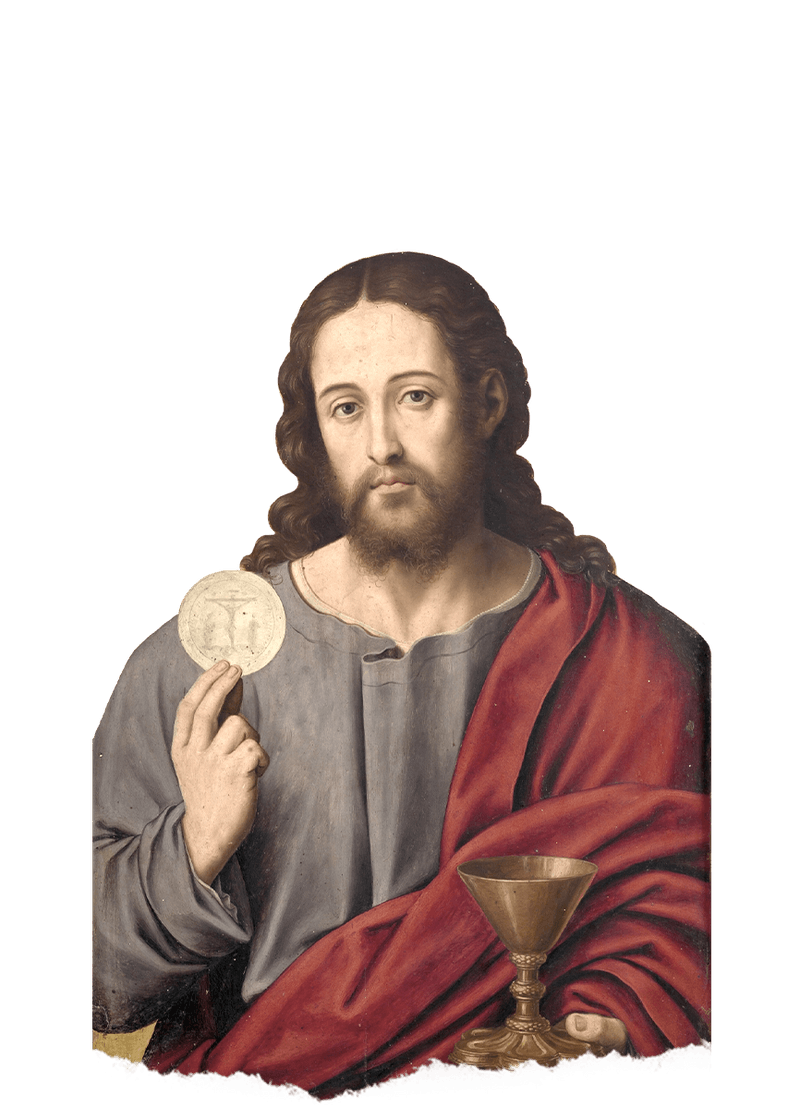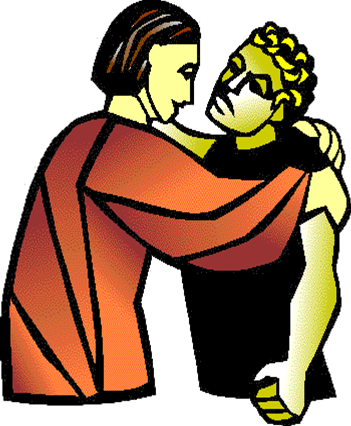In the eternal pursuit of happiness, we ask every so often the meaning and purpose of life. How come we do what we do? What brings joy to our work? What causes satisfaction? What inspires us to move on in spite of the struggles life has to offer? Where do we find and draw meaning to life experiences and events?
King Solomon, the author of the book of Ecclesiastes (Gr), Qoheleth (Heb) was a wealthy and a deeply spiritual person. His experiences, personal and beyond led him to inscribe the quite familiar phrase, Vanity of Vanities! All is vanity! Nothing lasts forever! All earthly things come to an end! Everything eventually fades! Wisdom is preferable than material possessions. A wise person (someone who’d rather endure suffering and sacrifice) is respectable than riches from ill-gotten wealth. Paul’s letter to the Colossians urges us to strike to the things that are above. Seek the supernatural.
The parable of the rich fool poses huge challenges to people living in an extremely materialistic society whereby the value of a person is measured and defined by the price tag of the outfit, the size of his/her bank account and stock portfolios and not how he/she shows compassion to a suspicious looking stranger and the frequency of saying no to evil. The story is about a rich fool because assumingly, he is a good fellow, fair and just in conducting business affairs and not a robber or a theft by any means. The problem was covetousness, selfishness and greed in all its forms and sizes.
We are heavily immersed in a culture highly influenced by capitalist mentality which existed in centuries past (long before the discovery of America), motivated by profit and driven by expansion and growth which is not bad at all. I may be wrong but for many, capitalism (the belief that economic growth is the ultimate good and goal) is religion. In order to recover easily from the economic crisis, we are encouraged to spend more, shop more, use more, swipe more our credit cards to the max until we're broke. Money matters and money talks. Correct me if the opposite is true. But the overwhelming message of the media is that life does indeed consist in the amassing of riches and the accumulation of wealth. It's obviously seen and heard in the entertainment world.
On the contrary, the Gospel draws and raises questions from us who barely make it. For example, a frugal minded person hoarding and hiding dollar bills under folded shirts in the closet, stashing away excess food and supplies in pantries and leaving credit cards behind when going to the mall must be commendable practice. Saving for the rainy days is encouraged as well as investing in stocks and squirreling away funds for retirement. It is a wise idea to do that especially in times of great uncertainty. And if ever we spend our hard-earned money in a fancy resto on our payday, we deserve that.
The text seems vague because it does not present in greater detail how much is enough or offer a blueprint for an alternative economic system. There is no rule that tells us whether we step over the line or not. However, to state the obvious, it warns us against all greed- the excessive desire for material possession, the disease that has brought our country into a depressing economic collapse.
What does the parable mean to people who have limited resources, rely on food stamps and social welfare and completely have no access even to the basic necessities of life and yet, try as best as they can to live faithfully to their calling as Christians? In this context, it sounds differently. I'd like to prod your imagination (myself included) instead by starting to acknowledge the presence of God in the minutest details of our life and return any blessing by sharing whatever you don't need to the needy. As the old- adage goes, There is no U-haul behind hearse , nails it. The act of selfless giving is the central thread that animates the redeemed life. As always, we are invited to be rich in the sight of God. Amen.
PARISH BLOG



